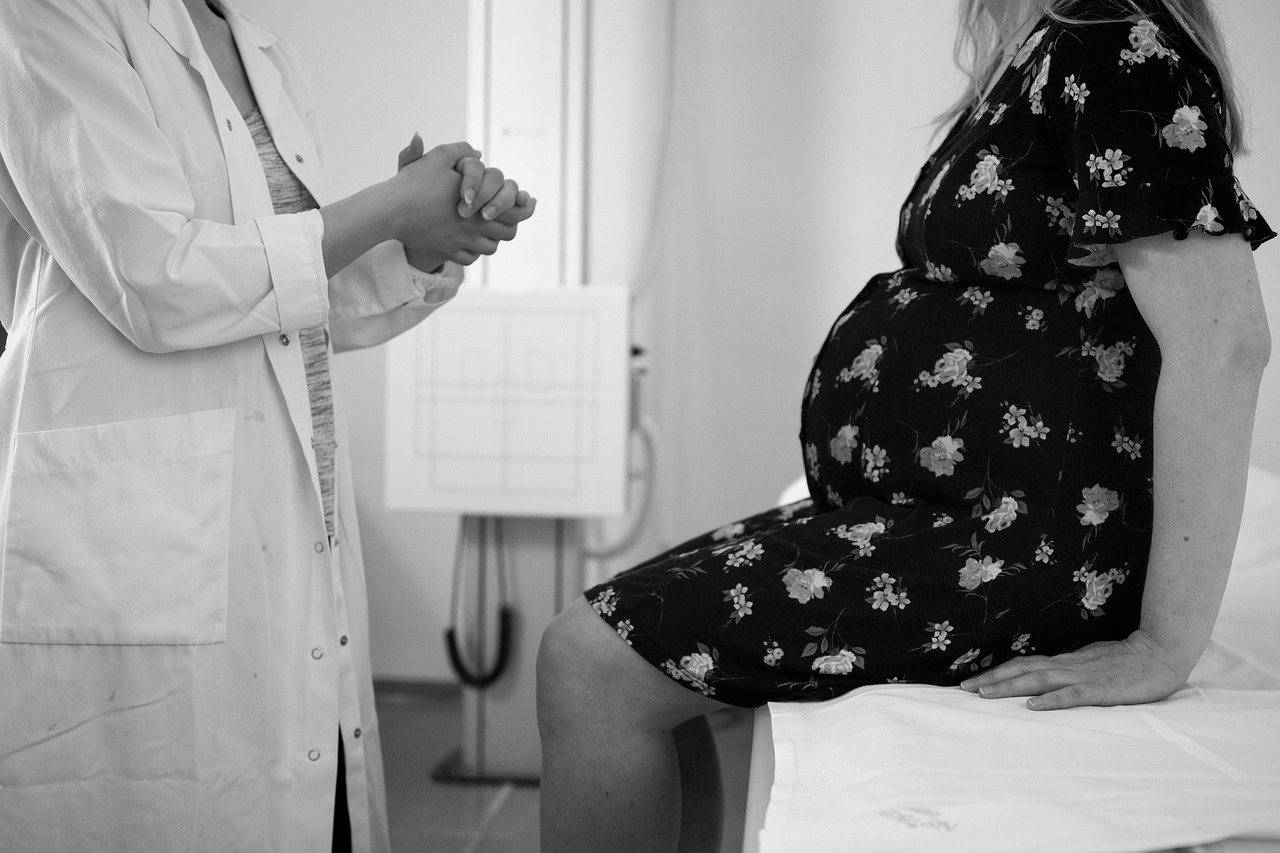
Nirsevimab (Beyfortus) RSV preventive antibodies for infants is in short supply. Encourage Abrysvo vaccine for pregnant people to protect babies from RSV.
Washington will receive 7,700 50 mg and 600 100 mg nirsevimab doses for the remainder of respiratory syncytial virus (RSV) season. Centers for Disease Control and Prevention (CDC) released a Health Alert that includes guidance for healthcare providers.
Providers should:
- Know nirsevimab supply is on allocation from CDC. Washington Department of Health (DOH) is prioritizing tribal clinics and birthing hospitals.
- Encourage pregnant people to get Abrysvo RSV vaccine at 32–36 weeks gestation to protect newborns from severe RSV after birth.
- Give palivizumab (Synagis) to eligible infants instead of nirsevimab this RSV season.
- Consider stocking Abrysvo at clinics that serve pregnant patients.
- Know pharmacists can give Abrysvo to pregnant patients, as Advisory Committee on Immunization Practices (ACIP) recommends it. Use the Abrysvo vaccine locator to find this vaccine.
Immunize.org released a standing order template for this RSV season to ensure infants meet eligibility criteria.
CDC recommends Abrysvo vaccine for pregnant people.
Administer Abrysvo vaccine during RSV season (September–January).
- Give without regard to timing of other vaccines.
- Administer between 32 weeks, 0 days and 36 weeks, 6 days gestation.
- This gives infants adequate protection from RSV, if administered at least 14 days before delivery.
- ACIP judged the benefits of vaccination outweighed risks. Efficacy against hospitalization for RSV was 48.2% during the approved dosing interval. See MMWR for complete efficacy and safety information.
- Arexvy, GSK’s RSV vaccine for older adults, is not approved for use in pregnancy.
Resources
- Nirsevimab allocation plan, DOH.
- RSV, DOH.
- Abrysvo standing order template, Immunize.org.
- Nirsevimab standing order template, Immunize.org.
- Limited availability of nirsevimab, CDC.
- ACIP nirsevimab recommendation, CDC.
